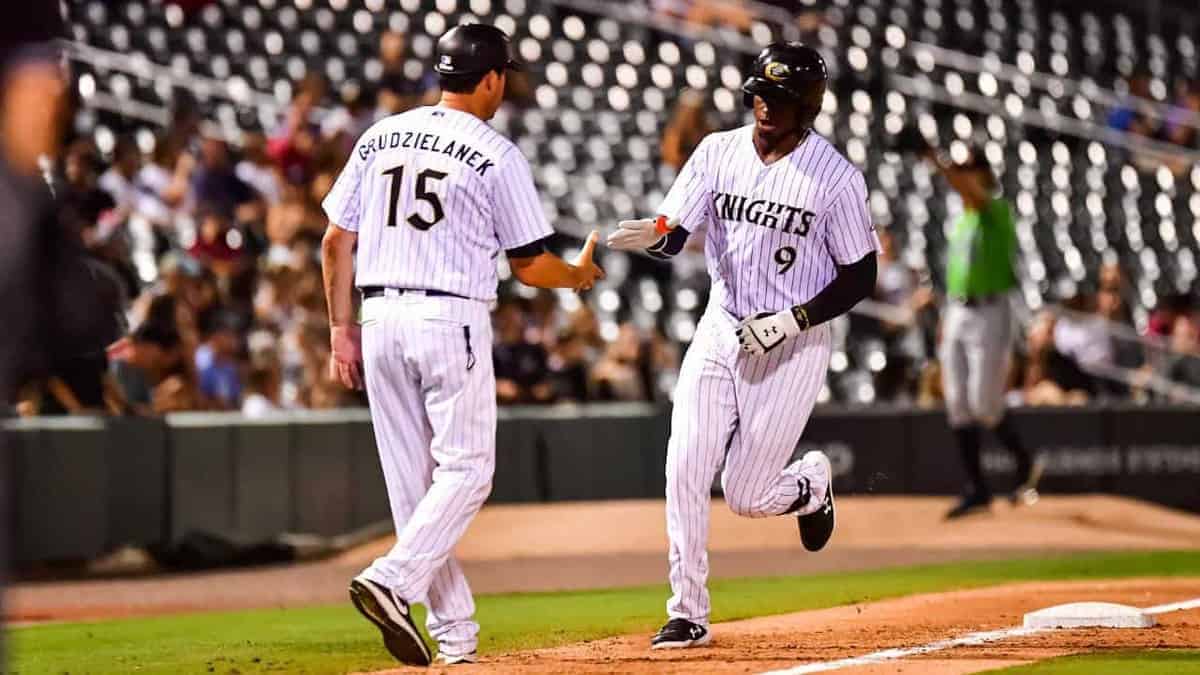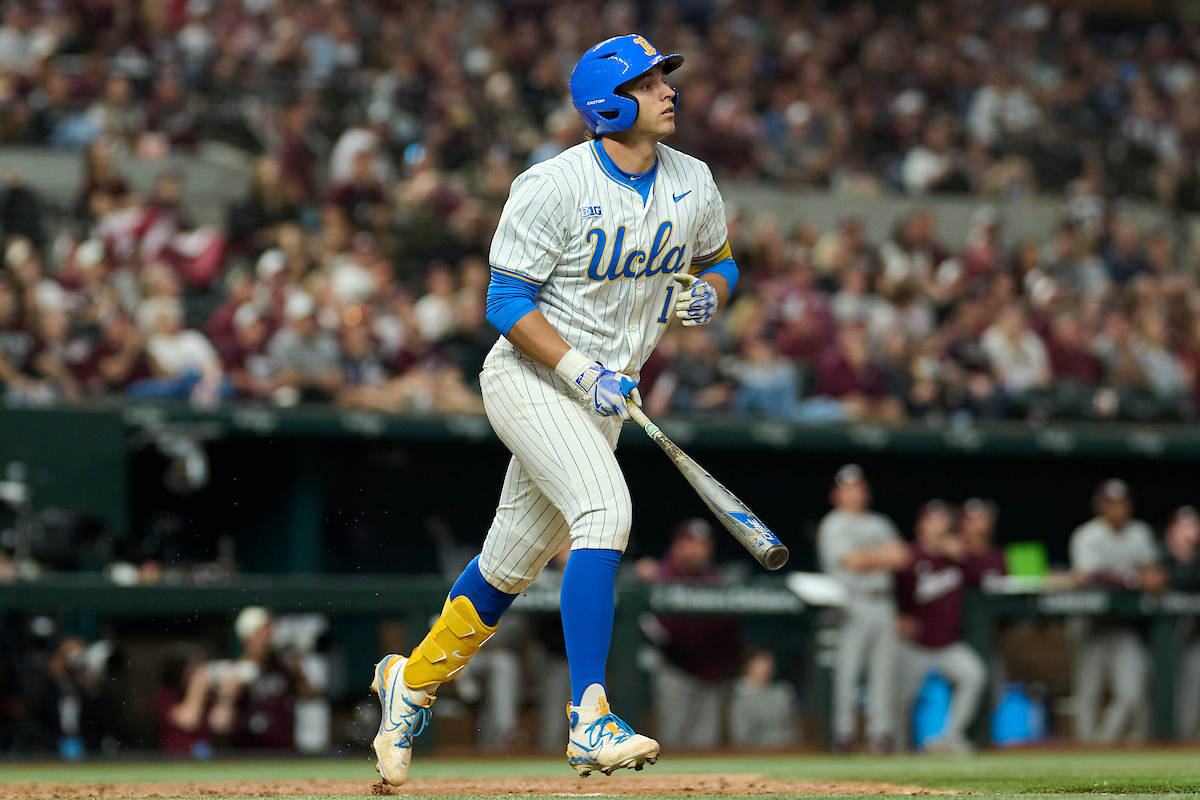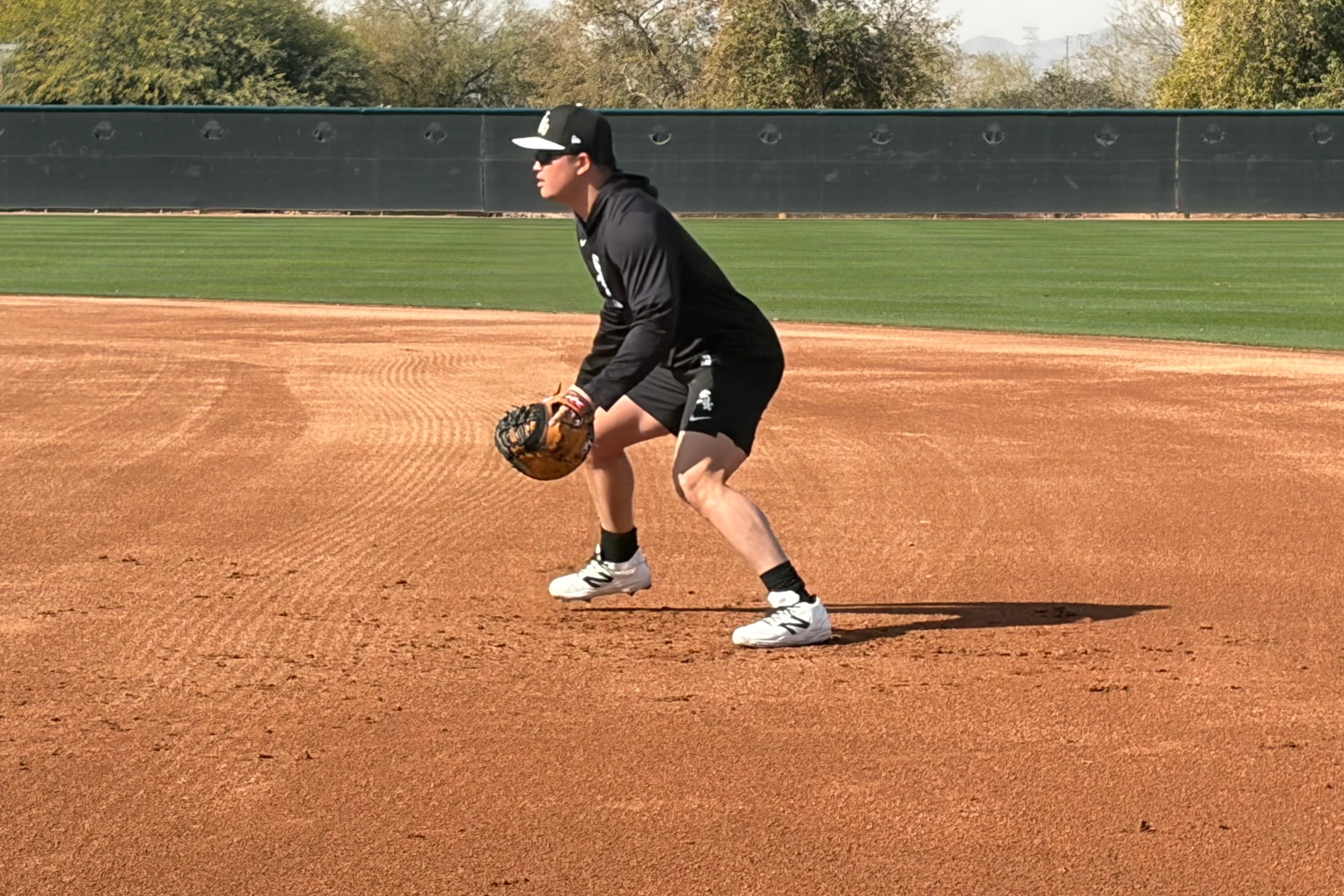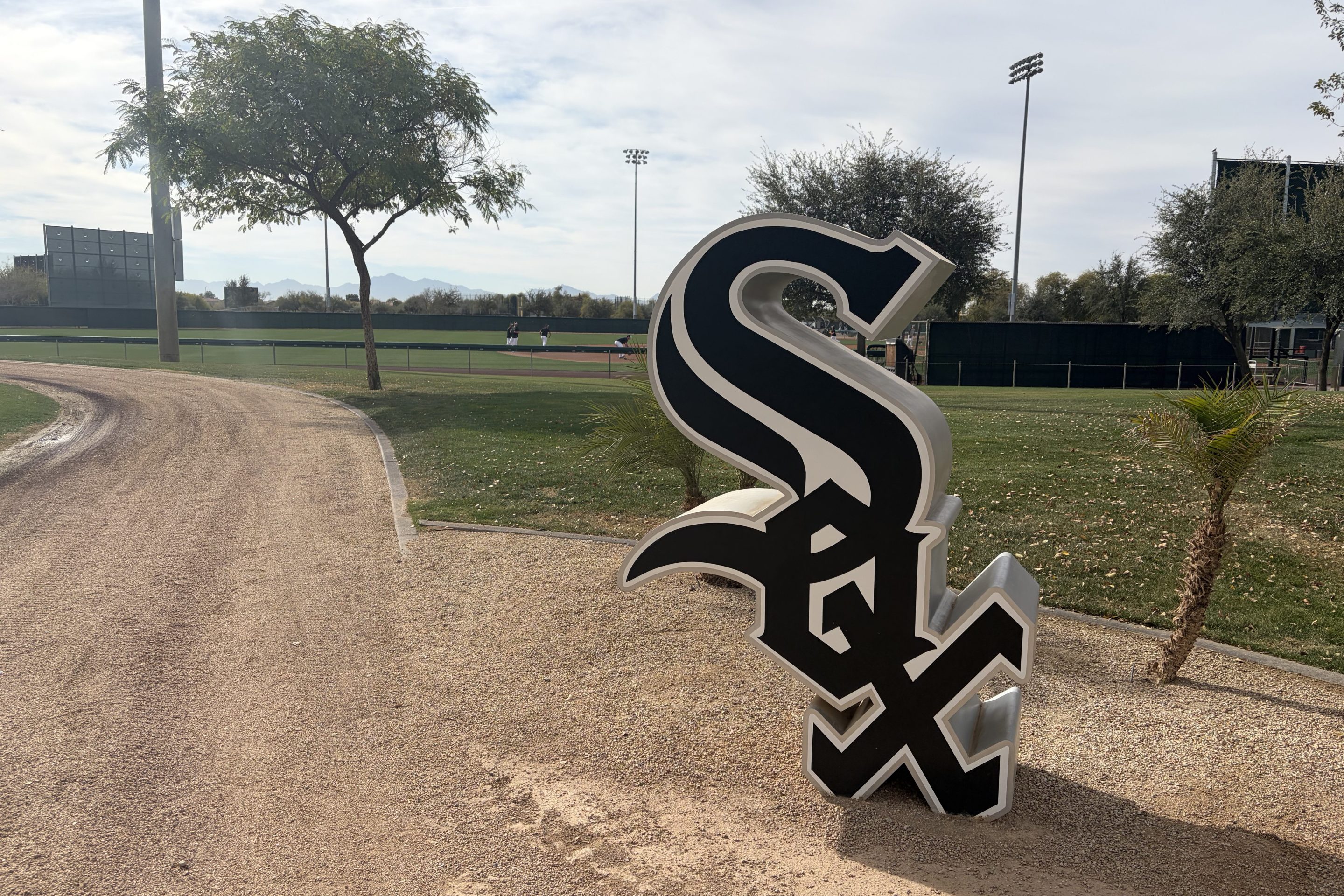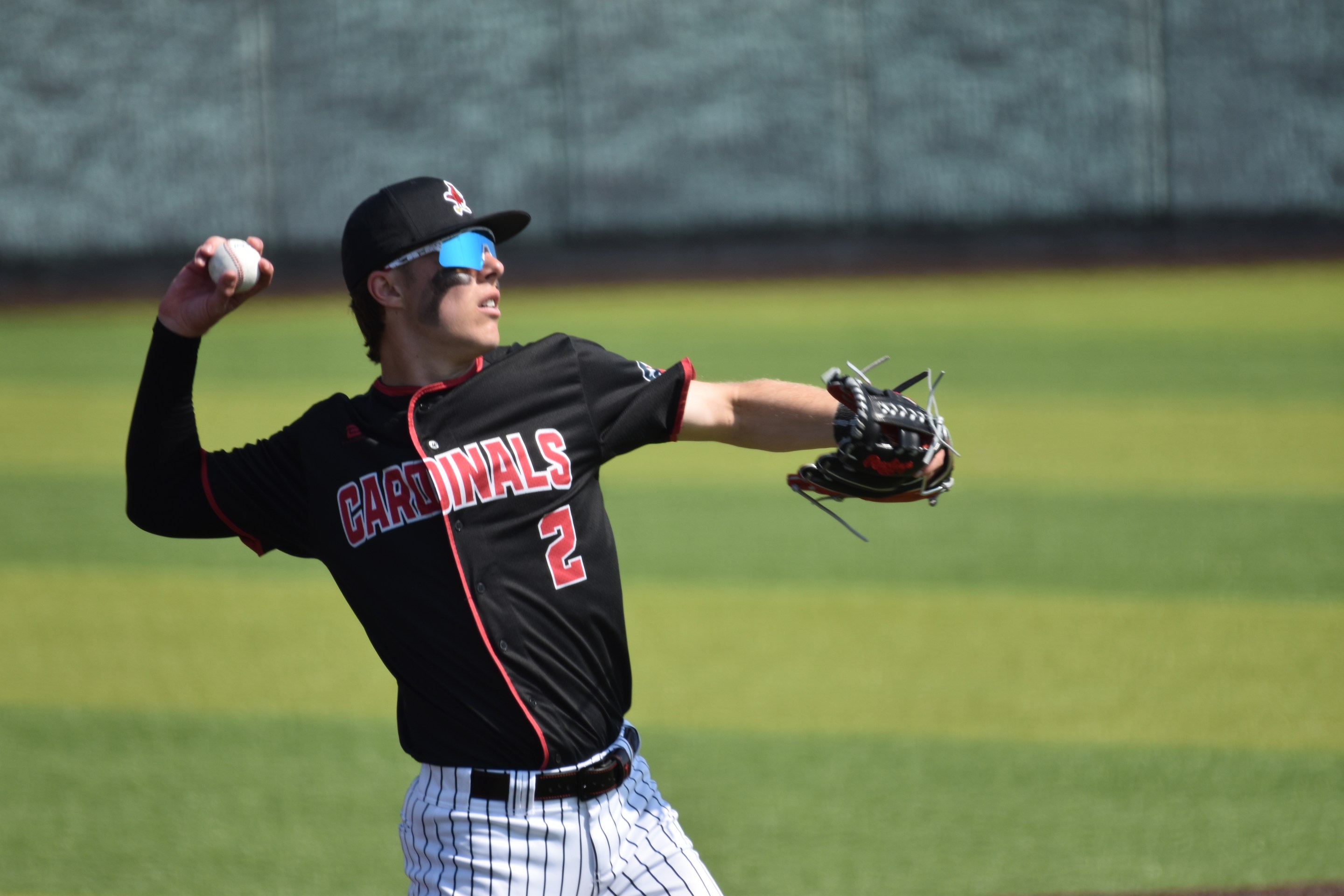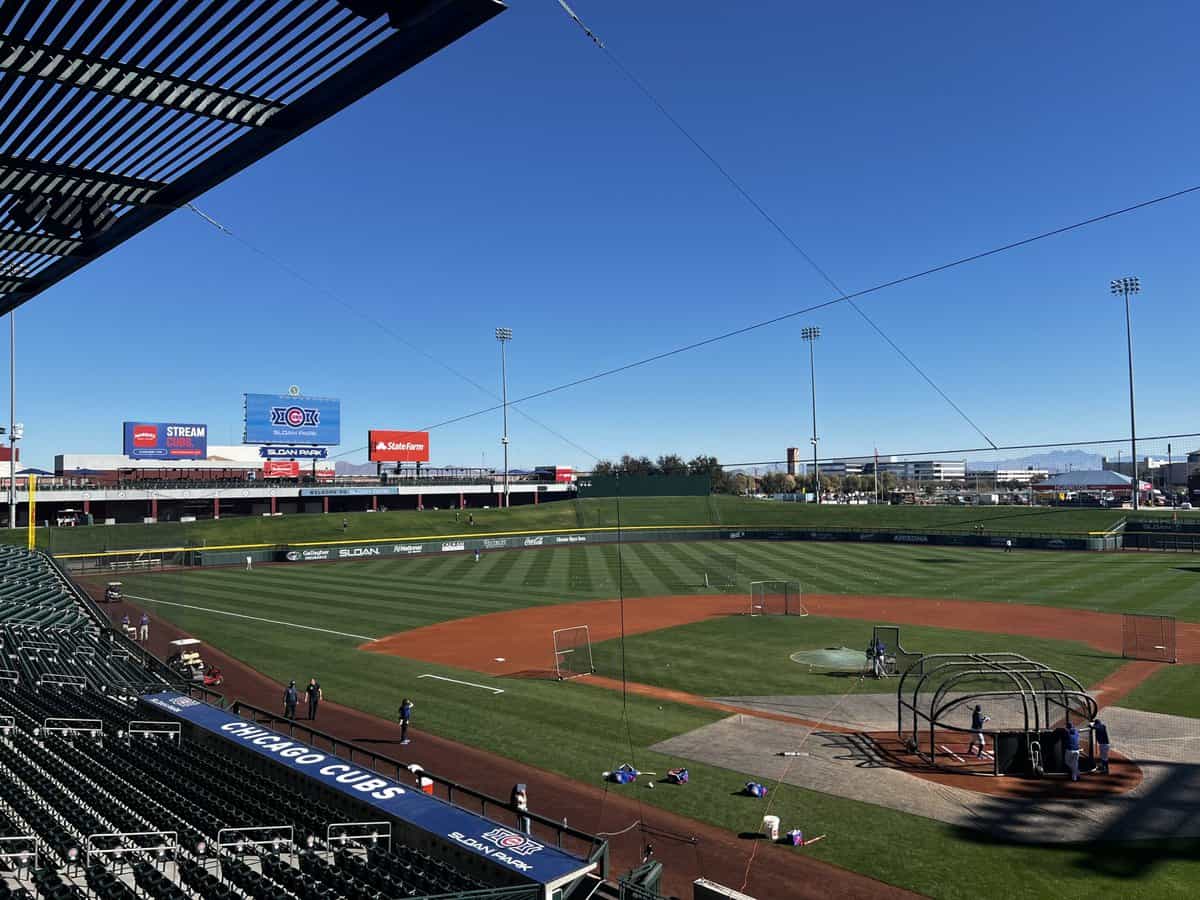When the White Sox and Luis Robert agreed to his unprecedented contract, it struck me as a decent resolution to crappy circumstances. A team that was primarily concerned with grooming his talent and expediting winning would have called him up last July. The White Sox were just as concerned as parlaying their leverage into additional control, so they delayed his debut until 2020 and compelled him to concede an extra year before free agency and a cap on his earnings.
That said, Robert didn't sell himself nearly as short as other young players in his position. While it's unclear what the next collective bargaining agreement will hold for prospects, by the standards of the current model, he closed the gap considerably between potential and actual earnings. Robert won't be able to truly cash in on the best-case scenario, but he'll be compensated fairly or better for most of the other outcomes. That's something that couldn't be said for the Chris Sale deal, or the Gavin Floyd one that John Danks rejected. Danks profited handsomely for betting on himself, and he was merely good.
Ken Rosenthal came to the same conclusion about the Robert deal while talking to industry types. Ozzie Albies aside, the window on the InstaBargain contracts has just about closed, which has inspired teams to pony up more money or commit earlier to assume a fairer share of the risk. Robert will be paid what good, young players typically command over their first six-to-eight years. The White Sox are protected if he's great.
With Robert, the White Sox purchased what one rival executive called “superstar insurance.” Yes, the Sox are paying him at the top of the market in arbitration — by today’s standards. Inflation would have occurred as Robert went through the process. And if he developed into a major star, he would have earned more than $50 million.
Betts is projected to end up at $27 million to $28 million in his final year of arbitration before free agency, bringing his career earnings to approximately $60 million.
Robert had the profile to benefit from such a situation, and perhaps the previous earnings to avoid being impressed by lesser offers. The only real casualty is a couple months of White Sox baseball that were worse than they had to be, and maybe a delayed 2020 ascent if Robert's rookie struggles overlap with a White Sox team that actually has enough elsewhere to compete. We had reason to think the White Sox would treat him worse, and fans by extension.
It probably doesn't address the larger issue of service time manipulation, because between the idiosyncrasies in Robert's case and the White Sox's own readiness to win, there are a confluence of factors that drove both sides to strike this particular deal. For teams that are putting out worse products on purpose and aren't close to winning, the suppression model still tends to win the day, and is likely to be considered the standard until other teams join the White Sox in handing out deals with more generous terms.
Spare Parts
While Major League Baseball probably wants to put the Astros tubthumping scandal behind it, it probably has to investigate all other forms of wrongdoing in order to create something resembling a proportional scale for punishment. So here's the Red Sox, accused of using the video replay room to learn sign sequences for their runners on second to eventually relay.
It seems less egregious than the Houston scandal on its face. The Red Sox used equipment available to everybody, whereas the Astros used their own camera. They could only send the info when a runner was on second, whereas the Astros could do it on tons of pitches. Then again, the Red Sox said they wouldn't engage in such shenanigans after the Apple Watch fiasco, so maybe this can't be swept under the rug in a similar fashion, either.
The short answer is "Only if relief pitchers are propping up the market for 2 WAR types."
The Twins bought out two years of Miguel Sano's free agency with a three-year extension and a club option for 2023. It's hard to say how much this affects Minnesota's pursuit of Josh Donaldson because there's a lot of confusion as to who's actually interested, or at least for what amount.
